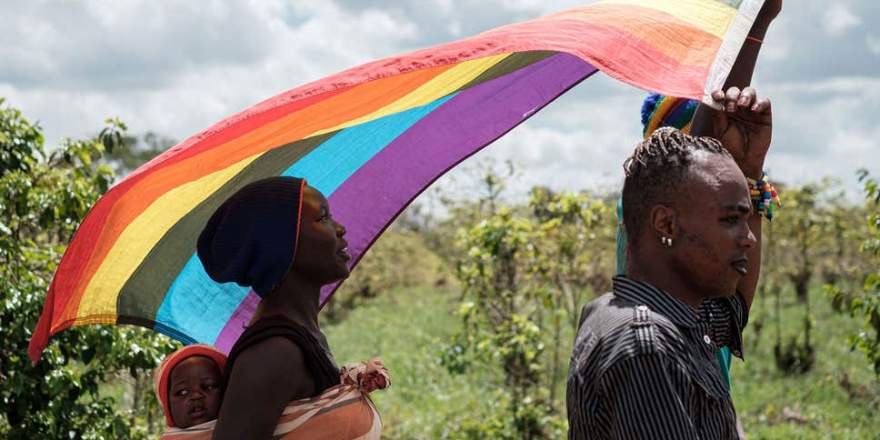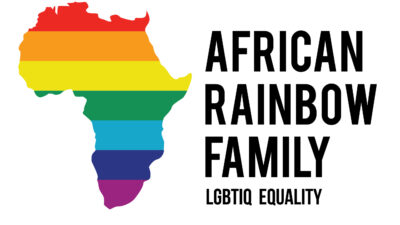The unacceptable treatment of LBGT asylum seekers in Europe and the UK

The coronavirus pandemic has had devastating effects on most aspects of society.
One consequence that’s perhaps not so obvious is that it’s meant news stories that might normally have made the front page are not being reported at all. There’s a concern that this allows governments to simply overlook matters of huge importance without anyone noticing or questioning them. The experiences of asylum seekers in the UK and the rest of Europe who are searching for safety due to their sexual orientation or gender identity (SOGI) need to be talked about.
There are still far too many people in Europe experiencing homophobia, biphobia and transphobia.
Europe has legal systems which offer great protection to all kinds of minorities such as those who make up the lesbian, gay, bisexual and transgender (LGBT) community. Yet despite many parts being relatively liberal, there are still far too many people in Europe experiencing homophobia, biphobia and transphobia. Consider then escaping from a country which gives you no legal protection at all and could stone you to death for simply being who you are.
Research carried out by the University of Sussex discovered that in the UK and across Europe, almost thirty per cent of those seeking asylum on grounds related to their sexual orientation had their claims dismissed because their interviewers did not believe them.
When a person is not believed, it can compound an already fearful and stressful predicament.
In Britain, this is a good fit with the government’s ‘hostile environment’ policy on immigration. It’s not difficult for officials to reject those ultimately seeking British citizenship because applicants may find it impractical, or impossible, to produce evidence endorsing their claims. When you live in a country that effectively forces you to hide your identity, you’re unlikely to be able to come up with a stack of photos or intimate messages which provide proof of past relationships, for example. When a person is not believed, it can compound an already fearful and stressful predicament.
Researchers also uncovered evidence that the burden of proof is often unfairly skewed against the applicant. International law related to refugees requires that evidence-gathering is the equal obligation of both applicants and those who decide their claims. However, immigration officials often sat waiting to be persuaded rather than beginning proceedings with an open mind.
The experiences of some claimants make harrowing reading. One woman from an African state which gives no legal protection to gay people told of how she was frightened for her life after being discovered by police in bed with another woman. She had already suffered a forced marriage to an abusive husband and was subsequently raped by two men who claimed they were trying to ‘straighten her out’.
Her account of a seven-hour interview by a Home Office representative is disturbing. It was claimed that there had been nothing to prevent her from having a relationship with another woman once she was in the UK. She was asked why she hadn't taken advantage of this opportunity, and why then did she identify as being a lesbian? Her answer is heartfelt. Her identity came into being due to the feelings that she felt, she said, and in the past, she had not been given the freedom to live out her sexuality.
Being forced to prove something so personal as one’s sexual identity to a stranger is in itself potentially traumatic.
Being forced to prove something so personal as one’s sexual identity to a stranger is in itself potentially traumatic. It is unjust to compare the emotional trajectories of those who identify as gay, bi or trans, but who grew up in countries which may have very different laws and social attitudes, with the experiences of those who have lived in western Europe all their lives.
And yet applicants are having their applications for asylum rejected because they appear unable to provide sufficiently emotive language or thoughts that led to a realisation about their sexuality. Having one’s identity forensically picked over and then disbelieved puts intolerable psychological strain on applicants. These are people who are already likely to have been marginalised and suffered the prospect of violence or death in the countries they have fled, just because of who they are.
The UK should be standing up against homophobia, biphobia and transphobia at every opportunity.
The UK should be standing up against homophobia, biphobia and transphobia at every opportunity. Instead, when it comes to asylum seekers, the government seems to want to look the other way. By rejecting claims based on SOGI, there’s a quick and easy ‘win’ for the Home Office in its determination to reduce immigrant numbers with a policy of disbelief.


